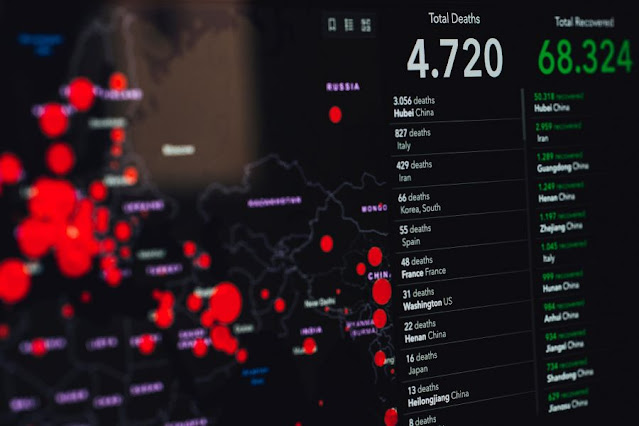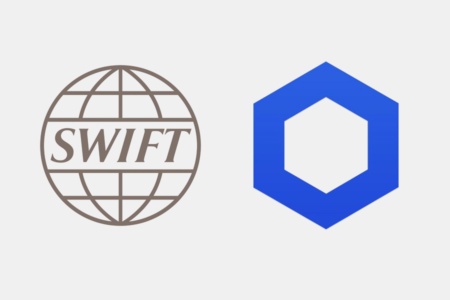Many
people think that Blockchain is only used as a way of storing and
sending Cryptocurrency, but what if we told you that Blockchain could
help save lives and slow the spread of disease?
We’ve had a look at a couple of different ways that
organisations and entire countries are using Blockchain technology to
help slow the rate of infection and safely exit the Coronavirus
lockdown.

Tracking apps
One way many health officials think we could start to exit the lockdown is through virus tracing and tracking apps, allowing users to be notified when they have come in close contact with someone who has Coronavirus symptoms.
The University of Cape Town, for example, is currently developing a tracking app
that uses Blockchain to verify their Covid-19 status but also rewards
users for good behaviour, such as staying at home and social distancing

Understandably, this comes with privacy and security concerns for users,
who may not want governments and organisations to know their exact
location 24/7. Users could also be concerned about the security of this
information, due to its highly sensitive nature. Blockchain technology
can help provide reassurance and protection for users, with both of
these concerns.
about what organisations will do with their data, however, Blockchain takes away this concern.
Blockchain also allows users to remain anonymous when they report
symptoms, this could lead to more infected people coming forward and
logging this on the app.
Security
The strong security features of the Blockchain network also makes it
ideal for virus tracking apps. As it is a distributed system, it makes
it very difficult and time-consuming to hack, as there is no centralised
weak point in the system where all users’ data is stored.
This would make it virtually impossible for malicious users to gain
access to the network and track a user’s whereabouts. Even in the
unlikely event that a hacker was able to gain access, they wouldn’t be
able to identify the individual due to the secure encryption that
Blockchain offers.
Digital Health Certificates
Another way that healthcare professionals expect us to come out of
Coronavirus lockdown is through immunity certificates. With the British government considering issuing certificates to those that have tested positive for the virus, in the hope that these individuals would be free to go back to work.
Chiliz is also working on a project that could help football fans get back into stadiums
by providing proof of immunity using an app based on Blockchain. Using
Blockchain in this way has benefits over traditional methods used to
provide proof of immunity, for both users and also organisations and
governments.

Verifiable
One way in which Blockchain can help in this way is through verifying
users’ identities. The Immunity Certificates would be stored on a users
mobile, when a verifier such as a police officer attempted to check the
authenticity of this certificate, the users’ mobile device would send a
hashed version of the certificate to a public registry to seek a match.
Tamper Proof
The structure and the interconnectivity of Blockchain would make it
impossible for users to change certificates so that they contain their
name. With a traditional paper or email confirmation, users would be
able to easily use software to change the names on the certificates,
however, the nature of Blockchain prevents this.
It is almost impossible for users to alter a block/record on the
Blockchain, as doing so would affect all the connecting blocks in the
chain. This ensures that users can’t tamper with certificates and
prevents the risk of individuals spreading the virus outside their
homes.
Since Blockchain 2.0 it’s clear that Blockchain has many more uses other than just cryptocurrency.
We are beginning to see Blockchain being used to solve huge global
problems that require even bigger solutions. Want to learn more about
how Blockchain is being incorporated into our everyday lives and how it
could affect you? Sign up for the Avark Blockchain newsletter below!



